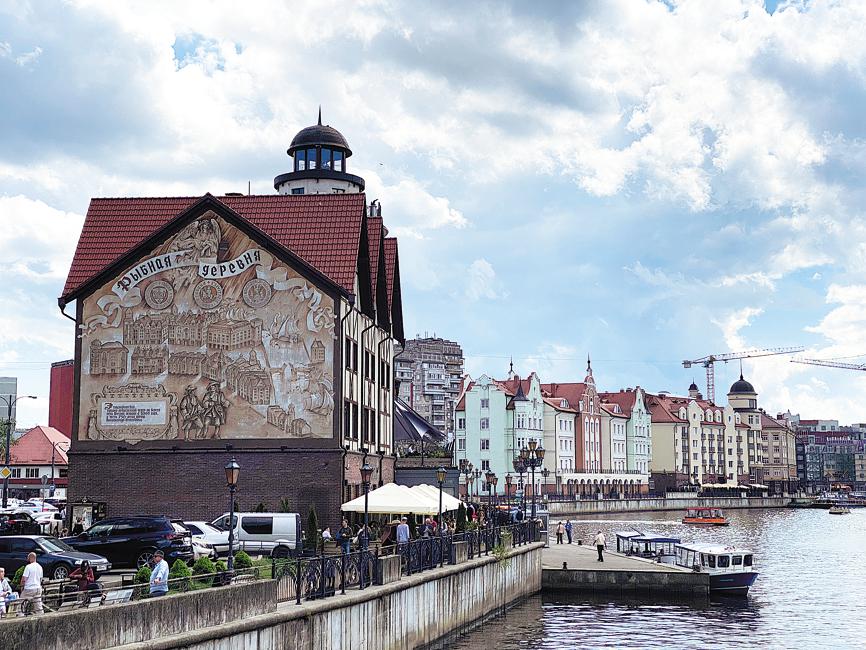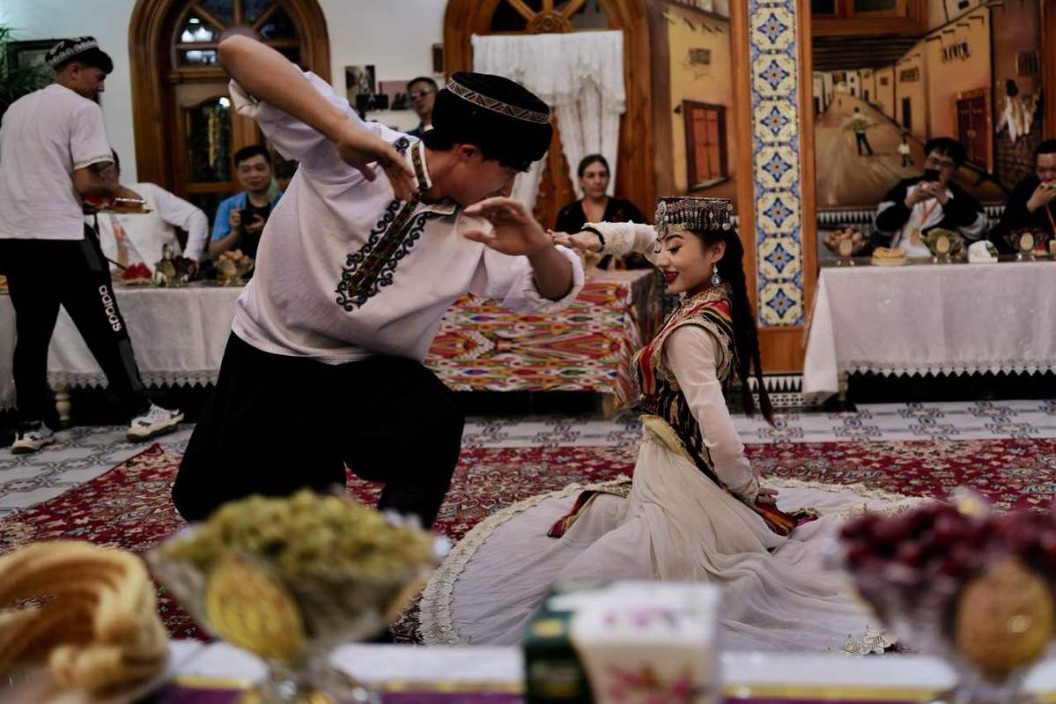A crossroads of culture
The legacies of empires great and small, and of East and West, abound in this Baltic tourism hotspot, Ren Qi reports in Kaliningrad, Russia.


The former capital of East Prussia, Kaliningrad is a unique Russian enclave that is closer to Prague or Vilnius than to Moscow. Its Gothic cathedral, cobbled streets and remains of Jugendstil architecture lurking behind the Soviet era concrete slabs tell a different story.
Such an unusual mixture of European and Russian culture and architecture, visible through numerous attractions, exists due to the city's history which includes the heritage of Prussia, Poland, the German Empire, the Soviet Union and modern Russia.
Before that, even, for many centuries it was the German province of East Prussia, colonized in the 12th century by Teutonic Knights; they built the city they named Konigsberg (King's Mountain), after Bohemian King Ottokar II who sponsored the conquest.
By 1283, the conquest of the Prussian lands had reached its final stage. It was during this time that the German colonists settled in the region.
Over the centuries, the indigenous Baltic inhabitants-the Old Prussians-became more Germanic, leaving few traces other than the region's now obsolete name.
The Teutonic Order built castles to establish power and control over the surrounding lands, and Konigsberg became home to one of these defensive fortifications, surviving three sieges by the Prussian army in 1260, 1263 and 1273 and never being captured.
During the Seven Years War, in January 1758, the Russian army occupied Konigsberg. East Prussia remained part of the Russian Empire until 1762. The end of the 19th century is considered to be the peak of Konigsberg's prosperity.
The city sustained heavy damage during World War II after being bombed by Britain's Royal Air Force in August 1944. When World War II ended, Konigsberg and the northern part of East Prussia were transferred to the Soviet Union in accordance with the Potsdam Agreement.
The whole region was renamed after one of the Bolshevik revolutionaries, Mikhail Kalinin, the first Chairman of the Presidium of the Supreme Soviet of the Soviet Union, in 1946. While, in the 1990s, many Soviet-era city names commemorating Communist leaders were changed (e.g. Leningrad reverting to Saint Petersburg), Kaliningrad retains its pre-glasnost nomenclature.

































